To save Chellanam from coastal erosion, government should consider these proposals | Watch Video
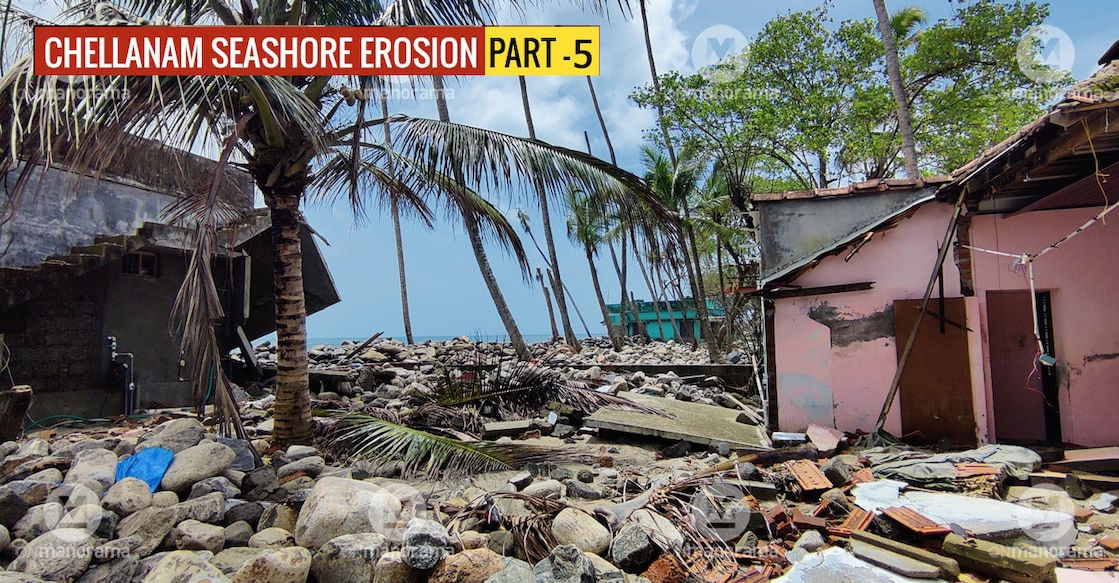
Mail This Article
Editor’s Note: This is the final part of the five-part text & video story series, exploring in depth the coastal erosion in Chellanam. Read the first part here, second part here, third part here and fourth part here.
Chellanam in Ernakulam district is the worst seashore erosion-hit coastal village in Kerala.
Huge waves overtop the already-damaged sea wall and destroy houses in the 17.5km stretch.
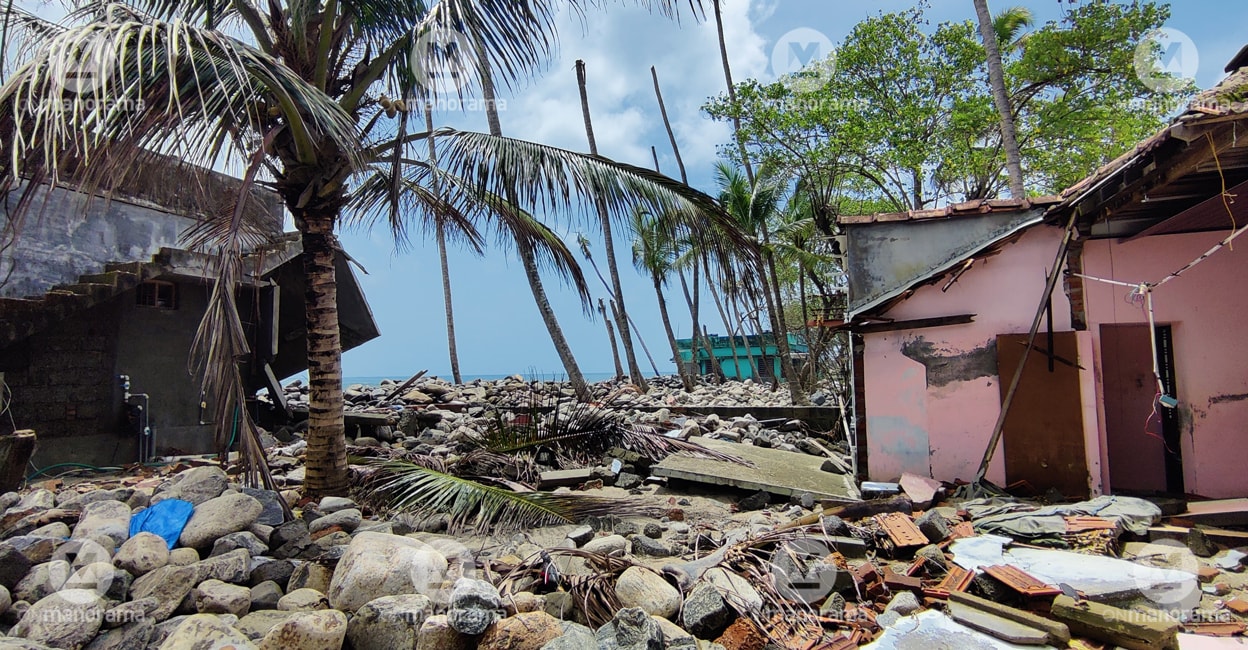
The erosion intensifies during the monsoon months, forcing people to seek refuge at a school in the village.
Experts say that sea erosion in Chellanam intensified after the construction of Kochi Sea Port in 1928.
Beaches along Kerala’s 580-km coastline face erosion during the south-west monsoon months from May to September, and minor erosion during the north-east monsoon in December and January. During this time, high-energy storm waves pull sediment and soil away from the shore. After the monsoon is over, low energy waves bring back the eroded sediment and soil. The cyclical process of erosion and accretion ensures that beaches remain intact. The shipping channel of the Cochin Port disrupts this cyclical process.
The fishing harbour in Chellanam too aggravates the sea erosion.
Government’s failure
What intrigues most is the failure of the successive governments to secure the lives and property of the people and formulate plans to ensure safety of the coast.
Now two organisations - Care Chellanam and Chellanam-Kochi Janakeeya Vedi- have conducted thorough studies on the coastal stretch and put forward their suggestions to the government agencies.
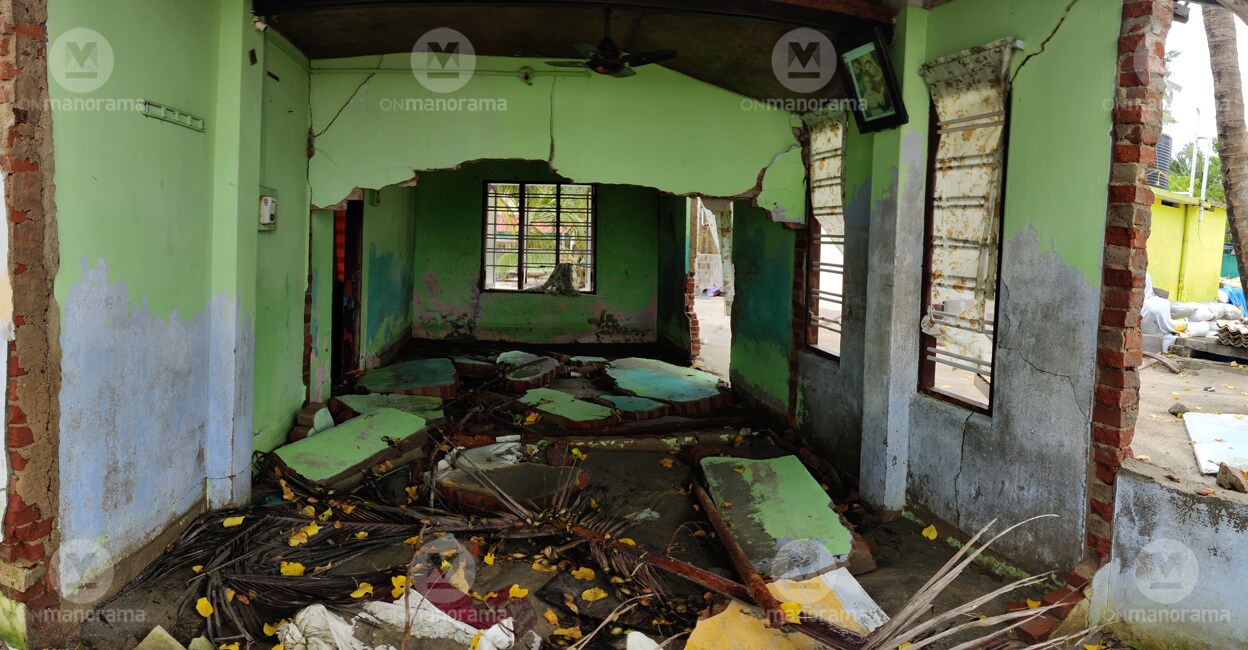
Care Chellanam has been formed by the Kerala Regional Latin Catholic Council while the Chellanam-Kochi Janakeeya Vedi is a collective of residents and activists. The protests by the Chellanam-Kochi Janakeeya Vedi have crossed 650 days.
Fr John Kandathil Parambil, coordinator of Care Chellanam, said his organisation has demanded the retrieval of the eroding coast. “It can be done by forcing the Cochin Port authorities to deposit the dredged sand from its shipping channel near the Chellanam coast,” he said.
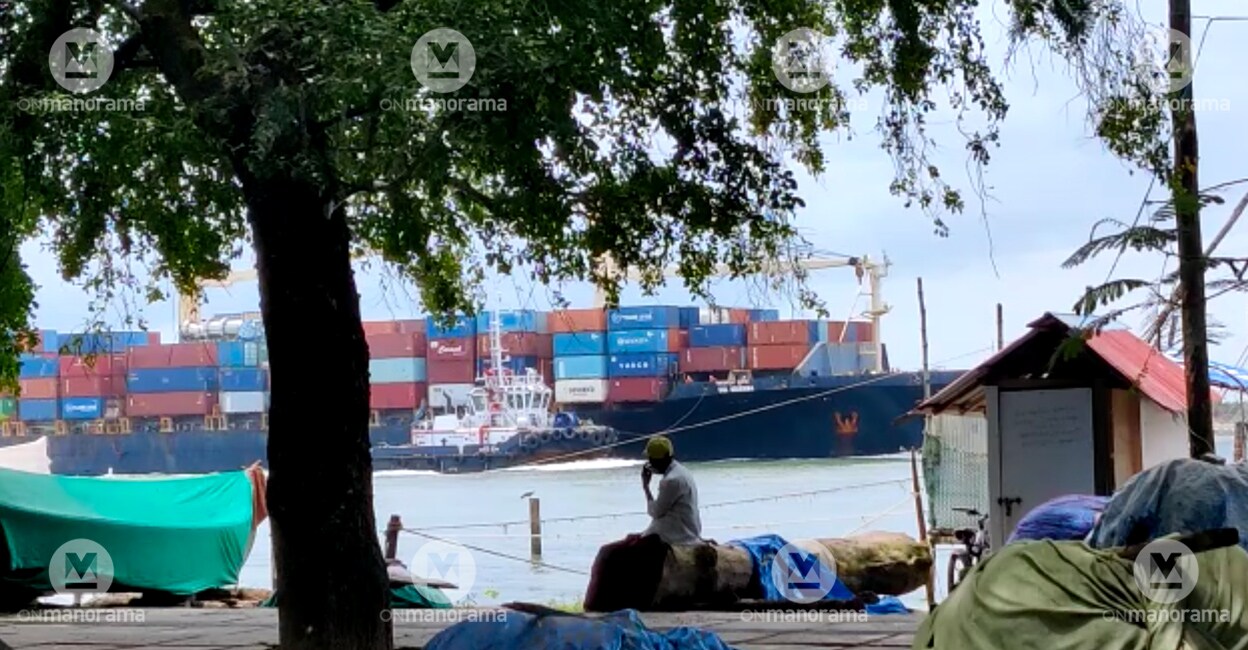
He said the government should bring back the lost agricultural glory of the village. “People have abandoned farming because of saltwater intrusion. They can resume it only if we put an end to sea erosion,” he said.
Chellanam-Kochi Janakeeya Vedi’s Thushar Nirmal said the first task is to reduce the depth of the coast and retrieve the beach. “It can be done using the dredged sediments from Cochin Port and the backwaters,” he said.
A groyne field should also be constructed to block the sediment transportation to the north. “We are not insisting on rock structure. This can be built using sand-filled geotubes,” he said.
Fr Antonyto Paul, Vicar, Our Lady of Health Church at Saude on the erosion-affected coastal stretch and a leader of Care Chellanam said his organisation has put forward two major suggestions to the government to secure the Chellanam coast.
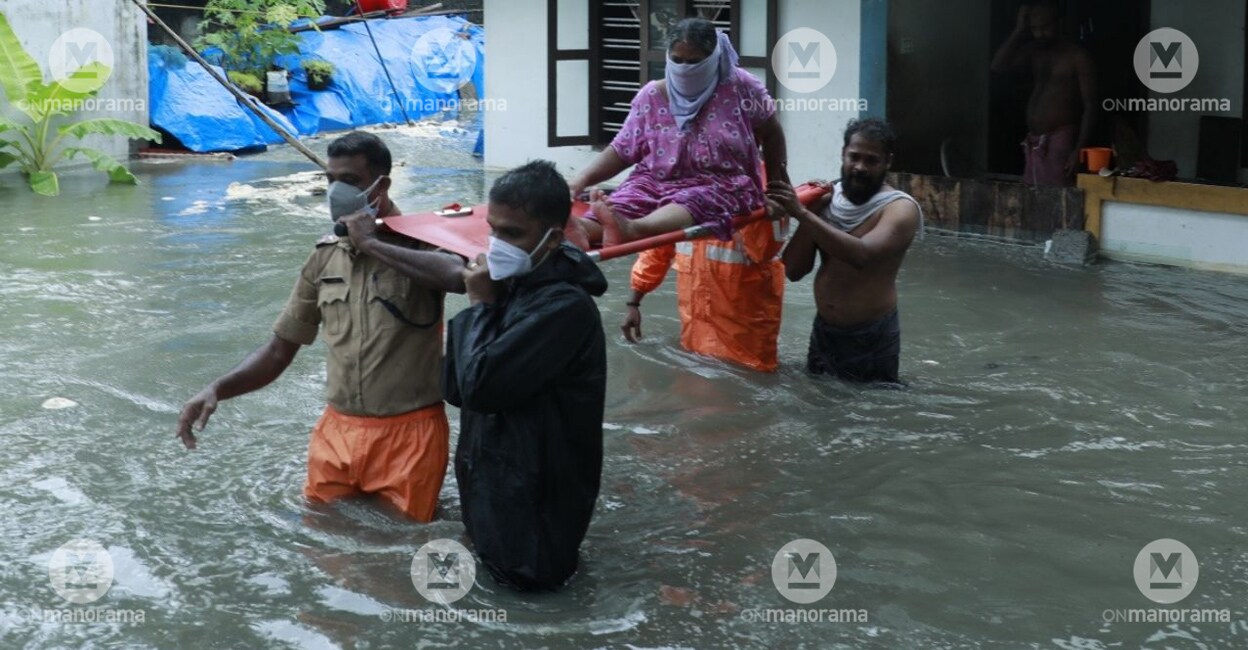
“The dredged silt from Cochin Port should be dumped near the Chellanam coast. It will enrich the coast,” he said.
“We also urged the government to build breakwaters to block the sediment transportation to the north.”
Antonyto said if the government implements the suggestions without further delay, it will create a long beach and ensure the protection of the Chellanam coast. “We can even convert the beach into a biowall that protects the village forever,” he said.
(Concluded)


